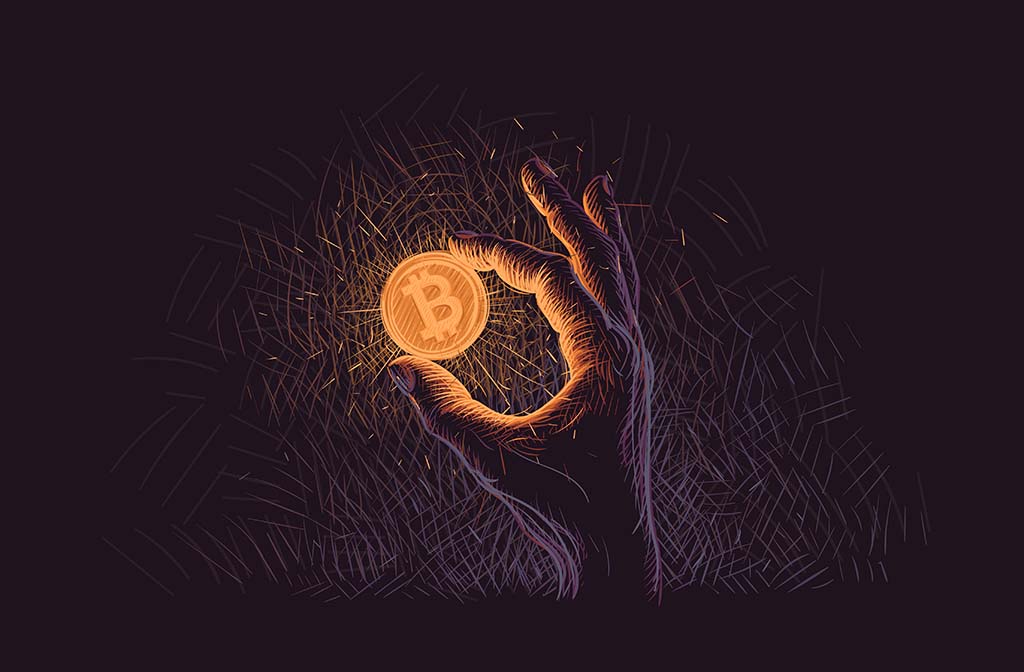Bitcoin’s reputation as the soundest form of money is largely underpinned by its decentralized blockchain network. The network comprises globally distributed computers, known as a “node,” that connects to each other and are run by anyone in the world with access to a modern-day computer and an internet connection.
While roughly 31% of the world is unbanked, Bitcoin is an opportunity for virtually anybody worldwide to become their own bank.¹ Running a full node is the only way to use Bitcoin without reliance on a third party. Full node operators foster Bitcoin and support the network to become more decentralized. They ensure that Bitcoin has no single point of authority or failure that dictates the actions of the rest of the network.
Instead, Bitcoin relies on a broad consensus of these full nodes to validate and secure transaction data on the network. Full nodes also allow market participants to transparently view data on the network by publicly hosting a copy of the blockchain.
The primary function of Bitcoin nodes is to ensure blockchain data is valid, secure, and accessible to virtually anyone. Though many assume running a node is a purely altruistic endeavour to bolster the Bitcoin network, using a node to verify transactions offers users by far the best privacy and security assurance. In this report, the Kraken Intelligence team analyzes what a Bitcoin full node is, why you should consider running one, and how to set one up and use it to verify your transactions.

Leave a Reply